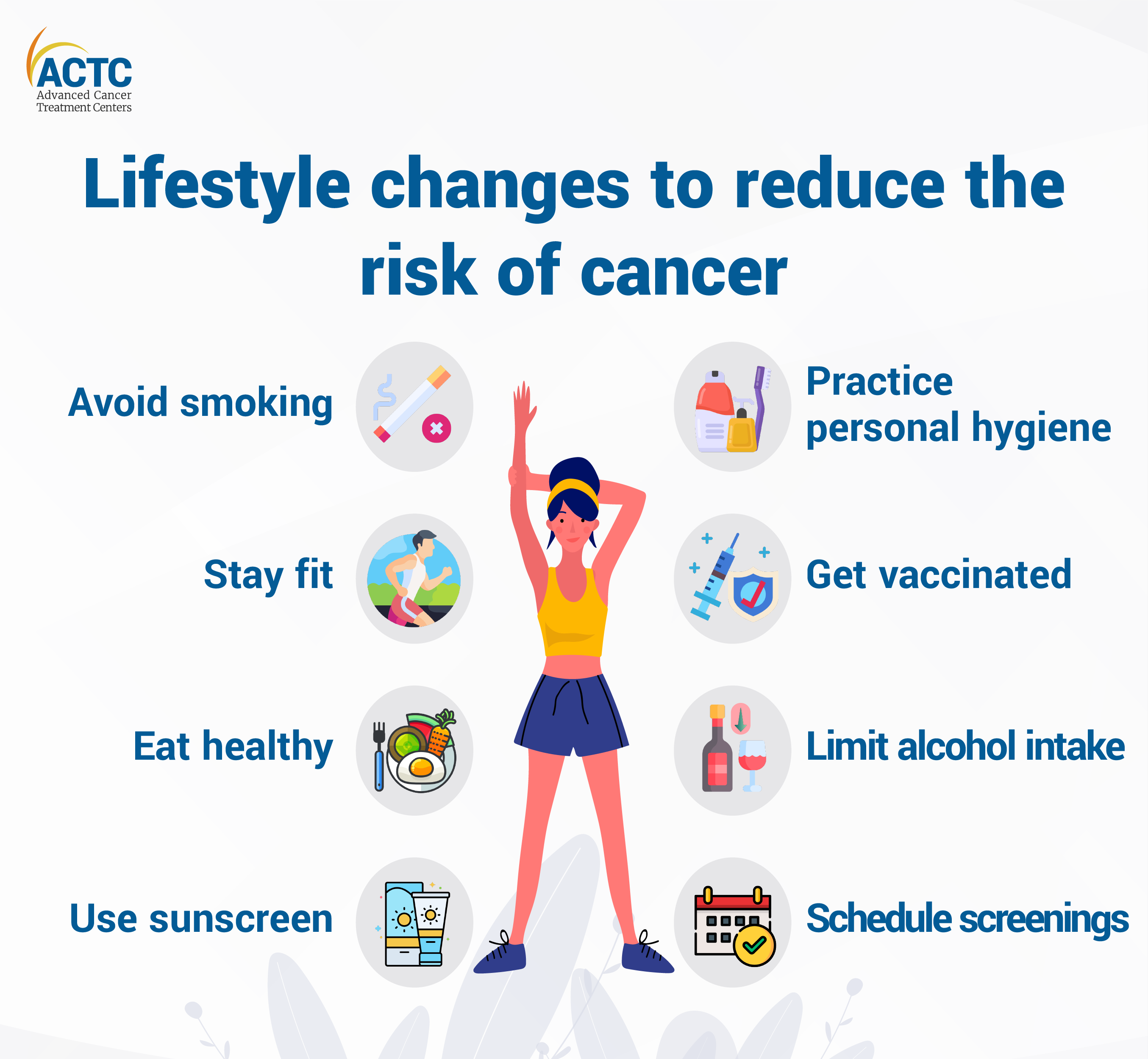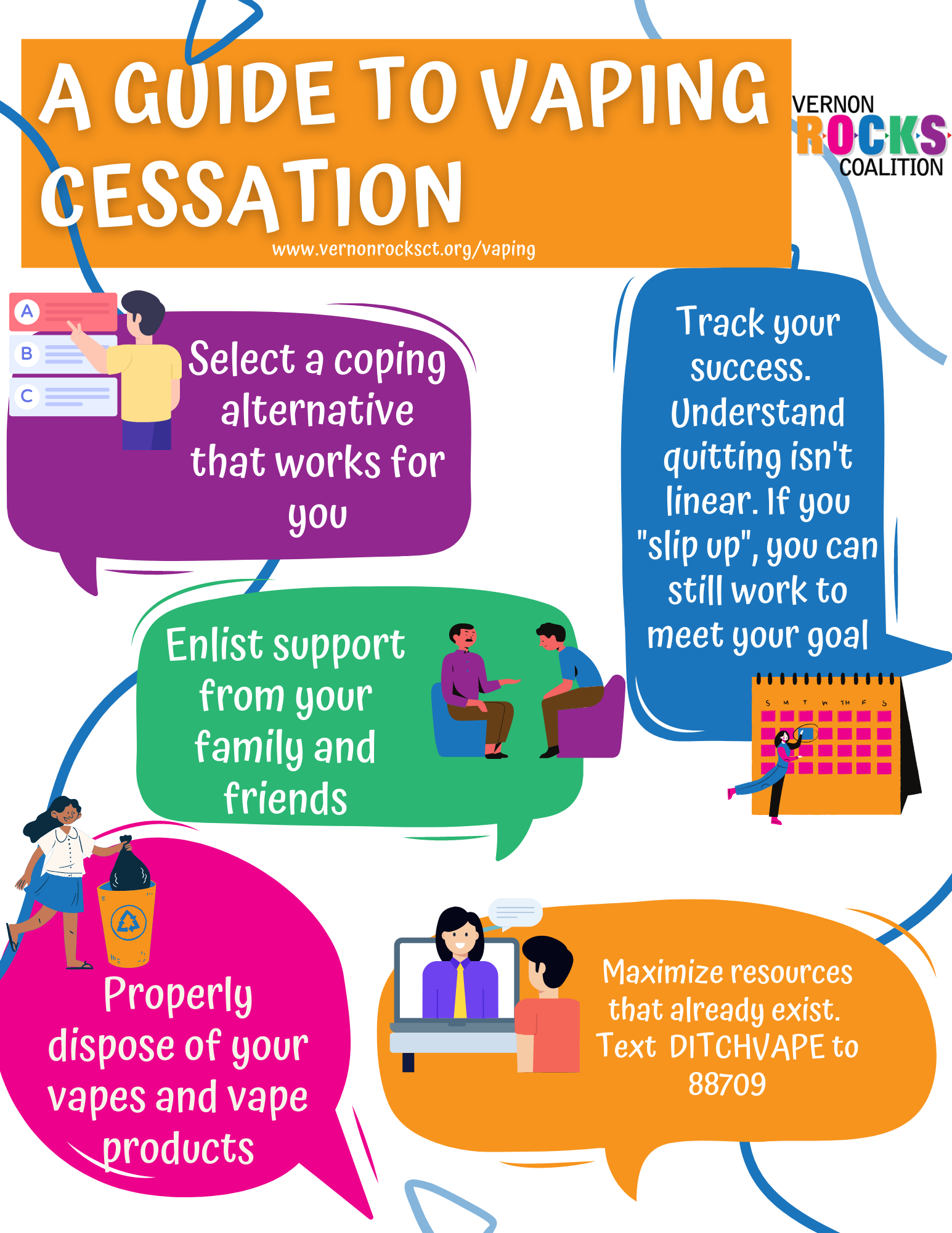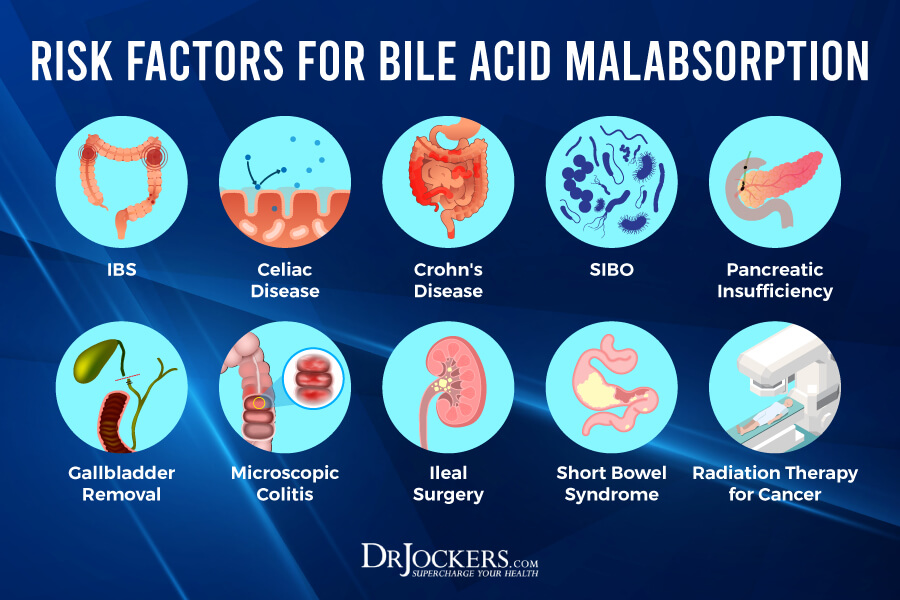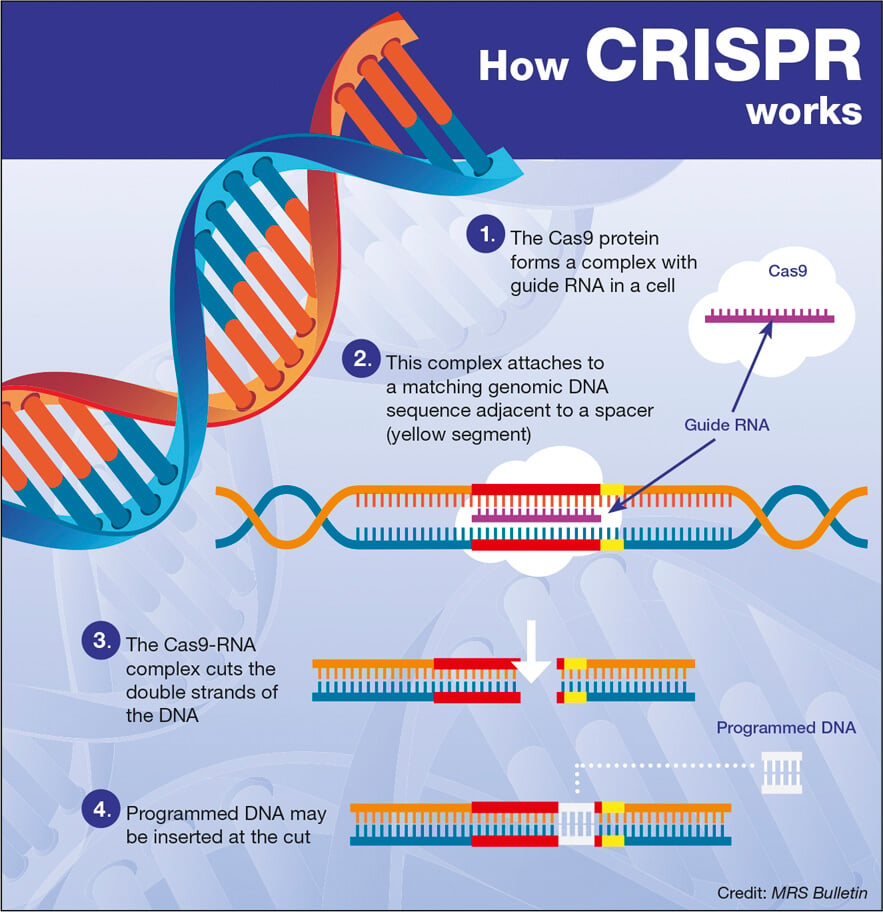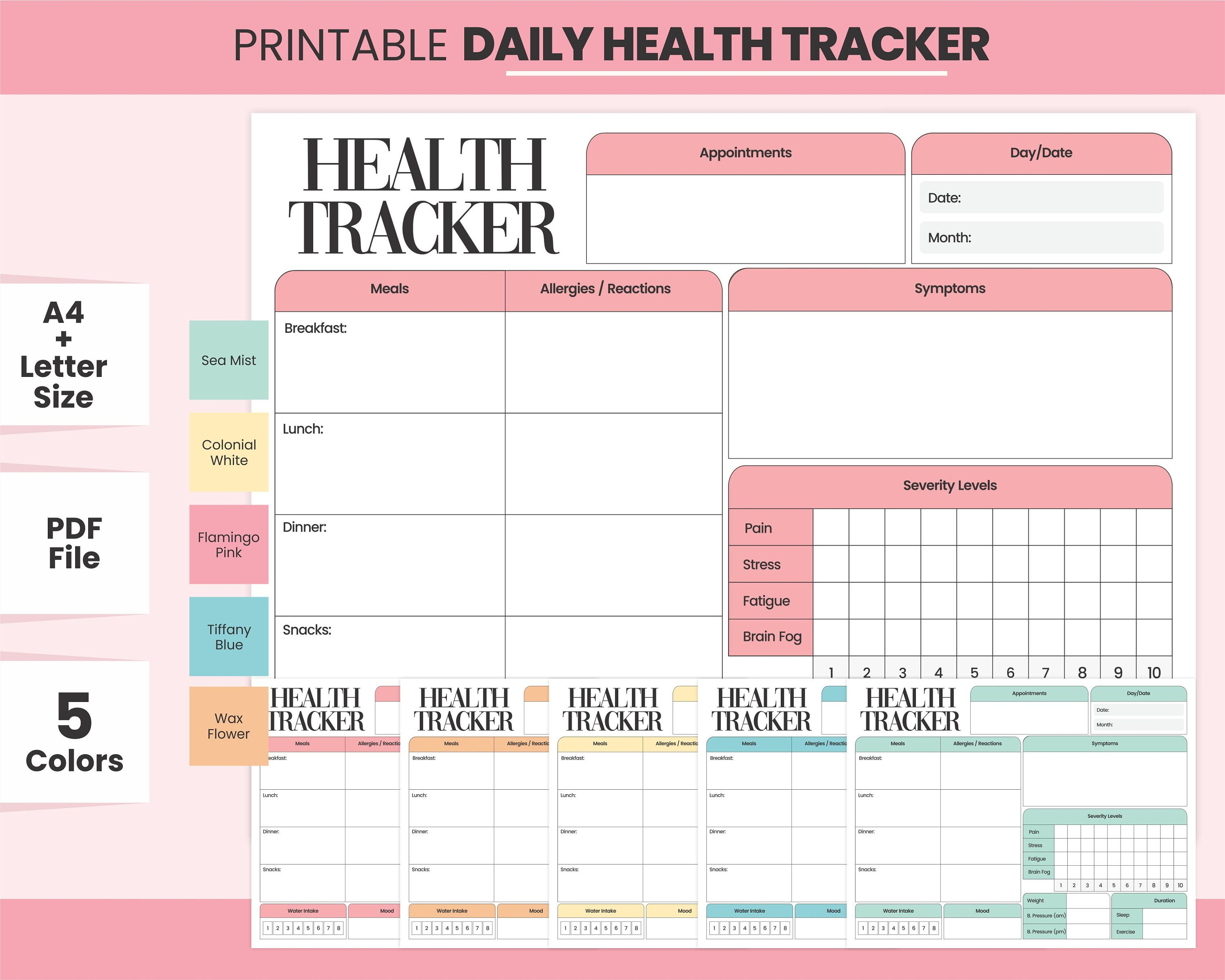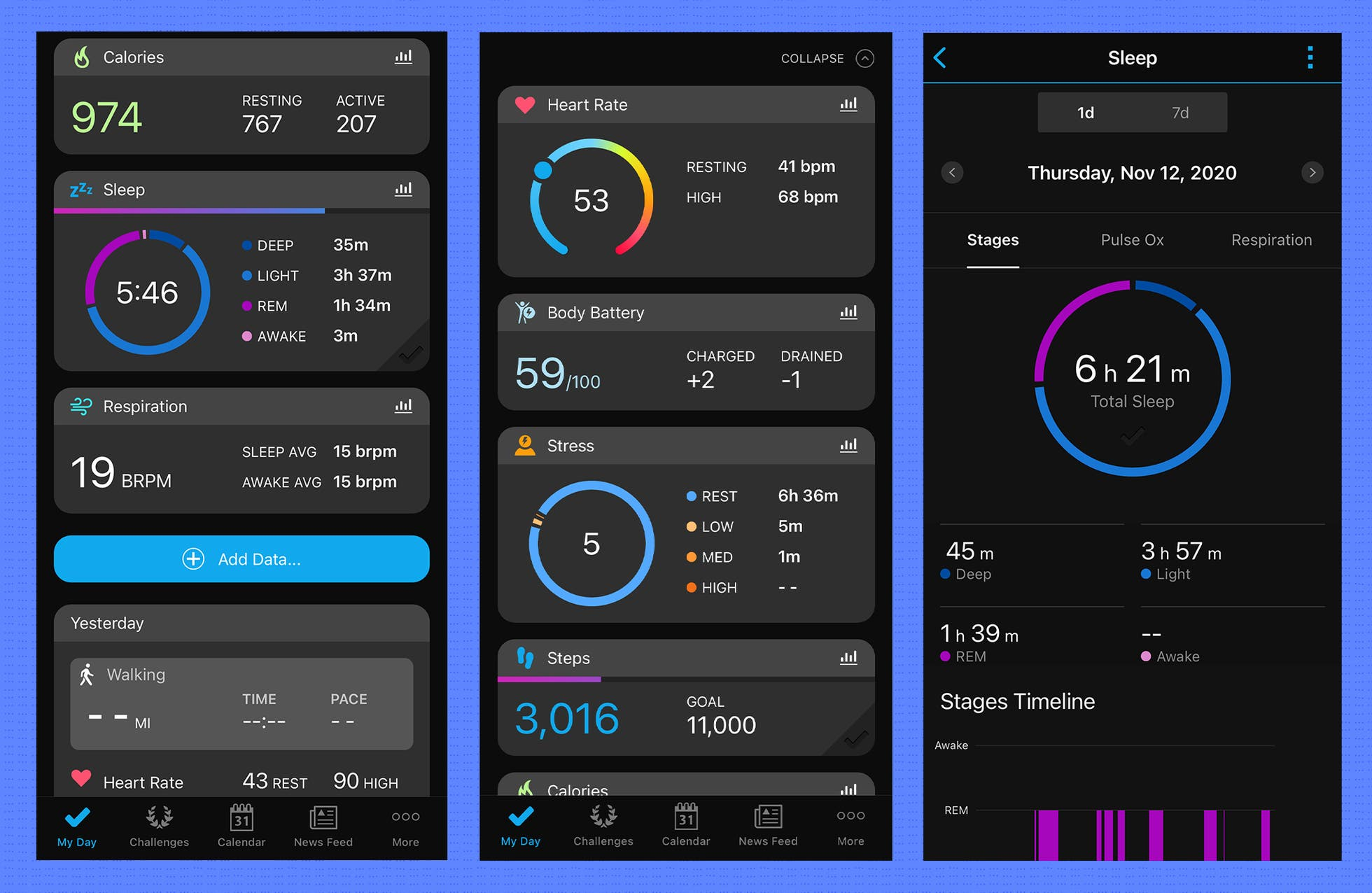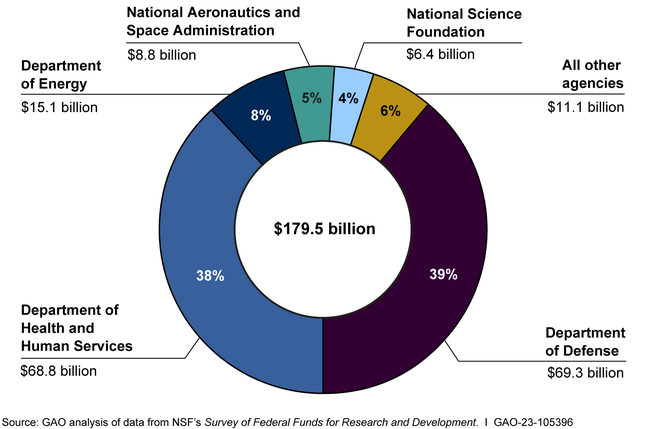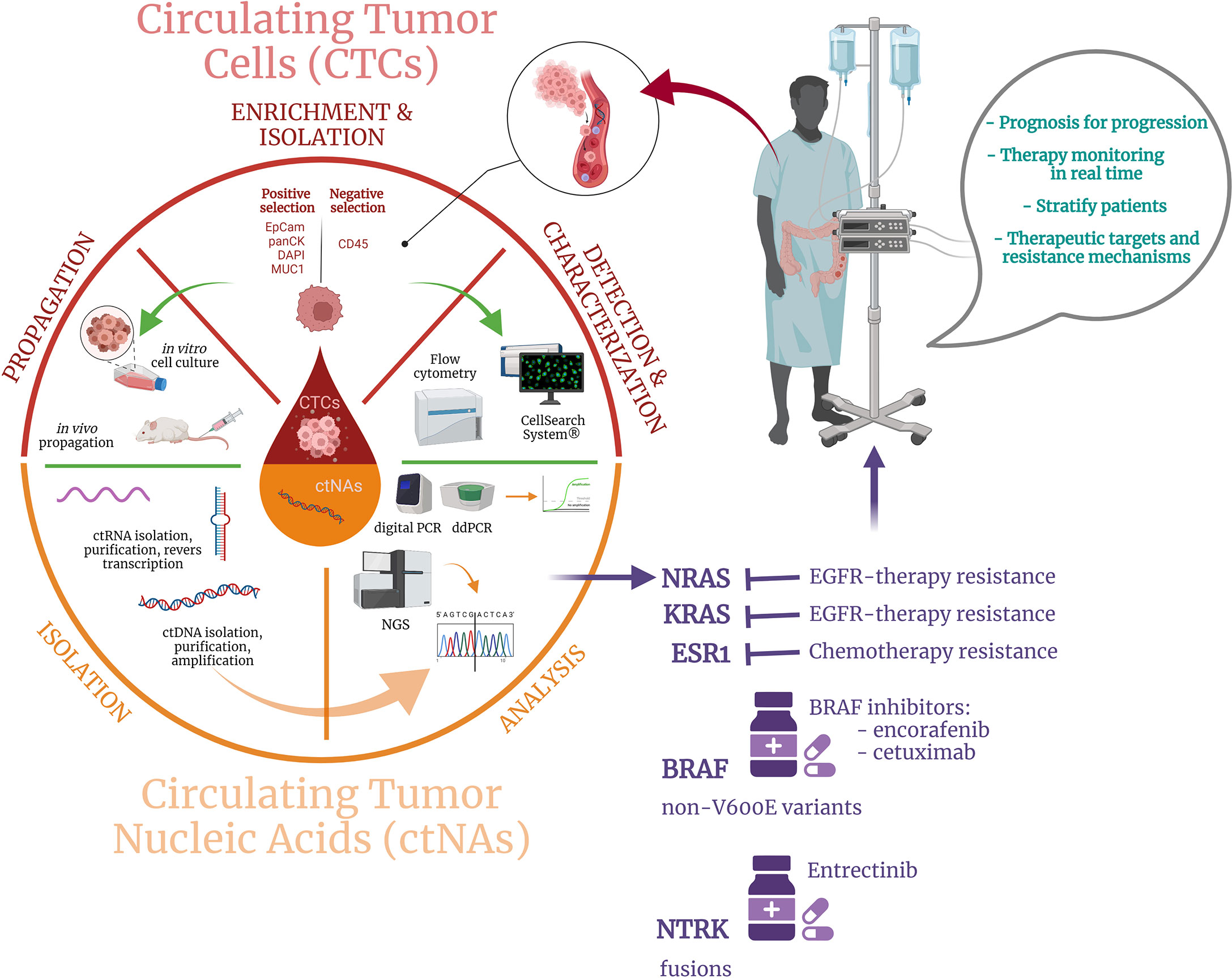Reducing cancer risk is a vital aspect of public health that researchers like Karen Emmons are actively exploring through innovative studies and community engagement. With significant backing from cancer research funding and health research grants, Emmons works tirelessly to identify effective public health strategies aimed at preventing cancer, especially in under-resourced areas. Nutrition and cancer are intricately linked, with dietary choices playing a pivotal role in enhancing overall health and reducing vulnerabilities to this heartbreaking disease. Through the rigorous research grant application process, scientists strive to secure necessary resources for groundbreaking projects that can change lives. By increasing awareness and investing in research, we can take significant steps towards minimizing cancer’s impact on society.
Mitigating the risk of cancer involves implementing various preventive measures and strategies focused on health optimization and disease research. This involves a deep dive into diet and lifestyle choices, as nutrition and cancer are closely tied and can significantly alter cancer susceptibility. With support from government and private entities, the fight against cancer is strengthened through research initiatives that seek to understand the disease better. The pathway to acquiring necessary funding often involves navigating the research grant application process, which ensures that only the most promising studies receive attention and financial help. By enhancing public health efforts and focusing on innovative strategies, we can collectively work towards a future where cancer is less prevalent and more manageable.
Understanding the Importance of Cancer Research Funding
Cancer research funding plays a critical role in advancing our understanding of the disease and developing new treatment strategies. As researchers like Karen Emmons and Jorge Chavarro delve into different aspects of cancer and nutrition, adequate funding ensures that they can pursue innovative approaches to tackling cancer. Federal grants are a lifeline for their projects, as these funds allow researchers to conduct trials, analyze data, and ultimately contribute substantively to the field of oncology. The ongoing support from governmental bodies highlights the significance of public investment in health research.
The competition for cancer research funding is fierce. With only a small percentage of grant applications being awarded, researchers face substantial hurdles in securing the resources needed to investigate new ideas. This competitive landscape emphasizes the necessity of not only having a sound scientific proposal but also demonstrating the potential impact of the research on public health. Ultimately, increased funding for cancer research can lead to groundbreaking discoveries that could significantly reduce the burden of cancer on society.
Strategies for Reducing Cancer Risk
Reducing cancer risk is a multifaceted challenge that requires a comprehensive approach to public health strategies. As Karen Emmons studies various interventions, it becomes evident that community engagement plays a pivotal role. By working closely with under-resourced communities, researchers can identify risk factors specific to those populations and implement tailored programs aimed at mitigating them. These initiatives often focus on improving nutrition and health education, as studies show that lifestyle changes can significantly lower the likelihood of developing cancer.
Moreover, research on nutrition and cancer reveals the profound impact dietary habits have on cancer outcomes. By integrating findings from nutrition science into public health campaigns, researchers can effectively educate the public about healthy eating practices that help stave off cancer. This initiative not only empowers individuals to make informed choices but also fosters a culture of health that spans generations. As such, collaboration among researchers, practitioners, and community advocates is essential in developing effective strategies to reduce cancer risk.
The Role of Nutrition in Cancer Prevention and Treatment Strategies for Reducing Individual Risk
Innovations Through Health Research Grants
Health research grants are vital for fostering innovations that can transform our approaches to disease prevention and treatment. Grants enable researchers to explore novel hypotheses and conduct experiments that may otherwise lack financial support. For instance, funding can facilitate groundbreaking studies into how specific dietary patterns influence cancer risk, providing the necessary empirical evidence to inform public health guidelines. It’s through this innovative research process that we uncover new insights that guide cancer prevention strategies effectively.
To maximize the impact of health research grants, it’s crucial for researchers to align their proposals with current public health needs and existing scientific gaps. By doing so, they can not only improve their chances of success in the grant application process but also ensure that their work directly addresses the pressing challenges faced by society. The continuous cycle of funding, research, and innovation is what drives progress in the field and ultimately benefits individuals at risk of various health issues, including cancer.
Navigating the Research Grant Application Process
The research grant application process can be intricate and challenging for scientists aspiring to secure funding. It begins with an initial concept that must be finely tuned through rigorous groundwork, including deep literature reviews to avoid duplicating existing studies. This phase often requires researchers to collaborate with community partners and build networks that support their hypothesis. The importance of a strategic approach to the application process cannot be overstated, as clarity and relevance can make or break funding opportunities.
Once the groundwork is laid, the writing of the application becomes a meticulous endeavor that demands attention to detail. Each proposal must clearly outline the significance of the research, the methodology, and how the outcomes can benefit public health. This structured approach not only aids in the selection process but also helps researchers articulate their visions effectively. Emphasizing the potential impacts on cancer prevention and public health strategies will resonate with review committees, thereby enhancing the chances of receiving funding.
The Significance of Collaborative Research
Collaboration is a cornerstone of effective cancer research. The more diverse the team, the broader the perspectives and expertise that can be brought to bear on complex health challenges. Researchers like Emmons and Chavarro exemplify the importance of interdisciplinary work, drawing upon insights from epidemiology, nutrition, and public health to enrich their inquiries. Such collaborations can lead to more comprehensive approaches in reducing cancer risk and enhancing public health outcomes.
Moreover, collaborative research efforts allow for the pooling of resources, ranging from funding to data sharing, thereby maximizing the potential for significant discoveries. By working together, researchers can maximize their impact, ensure accountability, and foster a culture of mutual support and growth in the scientific community. In the long run, these partnerships are integral to developing robust public health strategies that address cancer prevention and treatment comprehensively.
The Future of Cancer Research and Funding
As we look ahead, the future of cancer research rests on the availability and stability of funding sources. Trends in governmental funding for health research highlight the necessity for sustained investment in scientific inquiry. Only through consistent financial support can researchers make long-term commitments to studying and addressing cancer risk factors effectively. It’s essential that policymakers recognize the importance of such funding not only for the advancement of science but for the betterment of public health.
Furthermore, the evolving landscape of health research grants requires researchers to stay agile and adapt to new funding opportunities and methodologies. Keeping abreast of changes in grant mechanisms and federal funding priorities ensures that scientists do not miss out on potential resources that could propel their research forward. Ultimately, for the reduction of cancer risk to remain a powerful objective, continuous advocacy for cancer research funding and public health support is needed.
Evaluating the Effectiveness of Public Health Strategies
Evaluating the effectiveness of public health strategies is essential for understanding the real-world impact of cancer prevention programs. Researchers must engage in systematic assessments that analyze data from ongoing initiatives to determine what works best for different communities. This evaluation process helps in fine-tuning interventions aimed at reducing cancer risks and ensuring that resources are allocated efficiently. With continual assessment, programs can adapt in response to emerging data, improving outcomes for diverse populations.
Moreover, successful evaluation requires collaboration between researchers and community stakeholders. By engaging those directly impacted by public health strategies, researchers can gain valuable insights into the effectiveness of their methods. This incorporation of community feedback not only enhances research credibility but also strengthens public trust and cooperation. In the realm of cancer prevention, understanding how health strategies perform in practice is vital for developing effective future interventions.
Understanding Risk Factors in Cancer Development
Understanding the various risk factors that contribute to cancer development is paramount in shaping effective research and prevention strategies. Studies have identified numerous lifestyle choices, such as diet, physical activity, and smoking, as significant contributors to overall cancer risk. Researchers like Emmons focus on dissecting these factors within specific communities to address unique vulnerabilities and health disparities that exist. Tailoring public health responses to these insights can lead to more effective strategies in reducing cancer incidences.
Moreover, the interplay between genetic predispositions and environmental influences remains a pivotal area of research in understanding cancer risk. Continued funding for exploratory studies will allow scientists to delve deeper into how these factors intersect, offering improved frameworks for prevention. Ultimately, a comprehensive understanding of risk factors enables researchers and policymakers to craft proactive measures that safeguard public health and significantly lessen the likelihood of cancer’s development.
Leveraging Findings to Influence Public Policy
The findings from cancer research not only advance scientific knowledge but can significantly impact public policy decisions. By demonstrating the effectiveness of certain interventions in reducing cancer risk, researchers can advocate for policies that promote health and limit exposure to cancer-causing agents. For example, insights from nutrition-focused studies can inform dietary guidelines at a national level, fostering healthier populations and ultimately reducing healthcare costs related to cancer treatment.
Additionally, researchers have a responsibility to communicate their findings to policymakers effectively. By tailoring messages to highlight relevant data and its potential implications for public health, they can influence decision-makers to prioritize funding for cancer prevention initiatives. As our understanding of cancer evolves, so too should the policies that govern public health efforts, ensuring that scientific research is translated into real-world applications that protect communities.
Frequently Asked Questions
How can nutrition and cancer research reduce cancer risk?
Nutrition plays a vital role in reducing cancer risk by influencing body weight, hormonal balance, and immune function. Research in nutrition and cancer focuses on identifying dietary patterns and specific nutrients that may help prevent cancer. Such studies offer insights that can be translated into public health strategies to promote healthier eating habits, thereby reducing cancer risk.
What are some public health strategies to reduce cancer risk?
Public health strategies to reduce cancer risk include promoting awareness of healthy lifestyle choices, implementing screening programs, and providing community education on nutrition and physical activity. These strategies aim to empower individuals to adopt behaviors that lower their cancer risk while addressing disparities in healthcare access for under-resourced communities.
What role does cancer research funding play in reducing cancer risk?
Cancer research funding is crucial for advancing scientific knowledge and developing innovative approaches to reduce cancer risk. By supporting comprehensive research studies, these funds help uncover the links between environmental factors, lifestyle choices, and cancer incidence, ultimately leading to impactful prevention programs and policies.
How does the research grant application process contribute to reducing cancer risk?
The research grant application process ensures that only the most innovative and impactful studies receive funding, fostering high-quality research aimed at reducing cancer risk. Through a competitive peer-review system, researchers are encouraged to propose novel solutions that address existing gaps in knowledge, which can lead to significant breakthroughs in cancer prevention.
What are the benefits of health research grants in the context of reducing cancer risk?
Health research grants provide essential financial support for projects aimed at understanding cancer risk factors and prevention strategies. These grants allow researchers to conduct rigorous studies that can lead to evidence-based interventions, ultimately helping to reduce cancer incidence and improve public health outcomes.
How can collaboration enhance cancer research funding efforts to reduce cancer risk?
Collaboration among researchers, community organizations, and public health entities enhances cancer research funding efforts by pooling resources and expertise. This multidimensional approach fosters innovative research projects that address cancer risk comprehensively, taking into account various factors such as nutrition, socioeconomic status, and access to healthcare.
What specific dietary changes may help in reducing cancer risk?
Specific dietary changes that may help reduce cancer risk include increasing the consumption of fruits and vegetables, whole grains, and lean proteins, while reducing processed foods, red meats, and sugar-sweetened beverages. Ongoing research in nutrition continues to explore the best dietary patterns to lower cancer risk effectively.
How do lifestyle factors influence cancer risk reduction?
Lifestyle factors such as maintaining a healthy weight, engaging in regular physical activity, limiting alcohol consumption, and avoiding tobacco use significantly influence cancer risk reduction. By integrating these factors into public health strategies, communities can develop approaches that encourage healthier habits and ultimately reduce cancer risk.
What is the significance of community partnerships in cancer research aimed at reducing cancer risk?
Community partnerships are essential in cancer research as they facilitate the engagement of under-resourced populations in prevention initiatives. By collaborating with local organizations, researchers can tailor interventions that resonate with specific communities, effectively addressing cancer risk factors and improving overall health outcomes.
| Key Point | Description |
|---|---|
| Karen Emmons’ Research | Studies strategies to reduce cancer risk in under-resourced communities. |
| Jorge Chavarro’s Research | Focuses on nutrition and its effects on human reproduction. |
| Importance of Grants | Federal grants are crucial for funding significant health-related research. |
| Application Challenges | Writing an application can take up to six months; must demonstrate innovation and evidence. |
| Funding Rates | Only a small percentage (14.6% in 2023) of grant applications are funded, making it competitive. |
| Community Engagement | Building relationships with community partners is essential for effective research. |
| Government-Funded Research | The partnership benefits society by improving public health and minimizing health care costs. |
Summary
Reducing cancer risk is critical for public health, and researchers like Karen Emmons are leading the way through innovative strategies aimed at under-resourced communities. The pursuit of funding through federal grants underscores the importance of such research, despite the challenges posed by a highly competitive application process. By connecting with community partners and demonstrating the societal impact of their work, researchers are better able to secure the resources necessary to advance public health initiatives and ultimately help reduce cancer risk.
